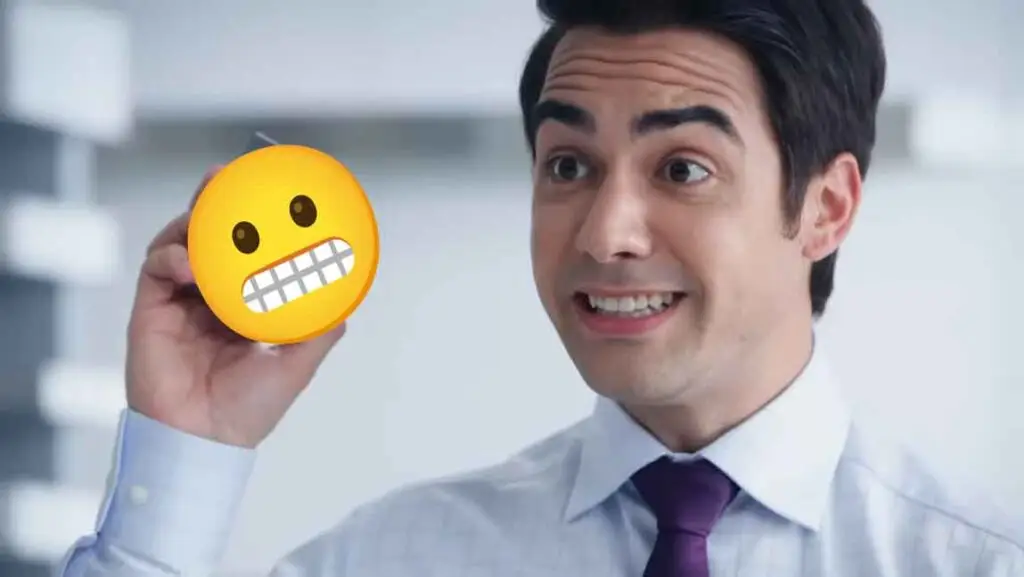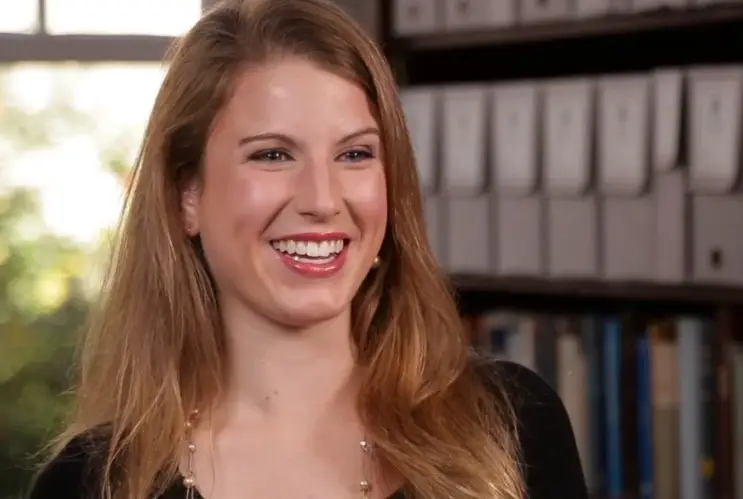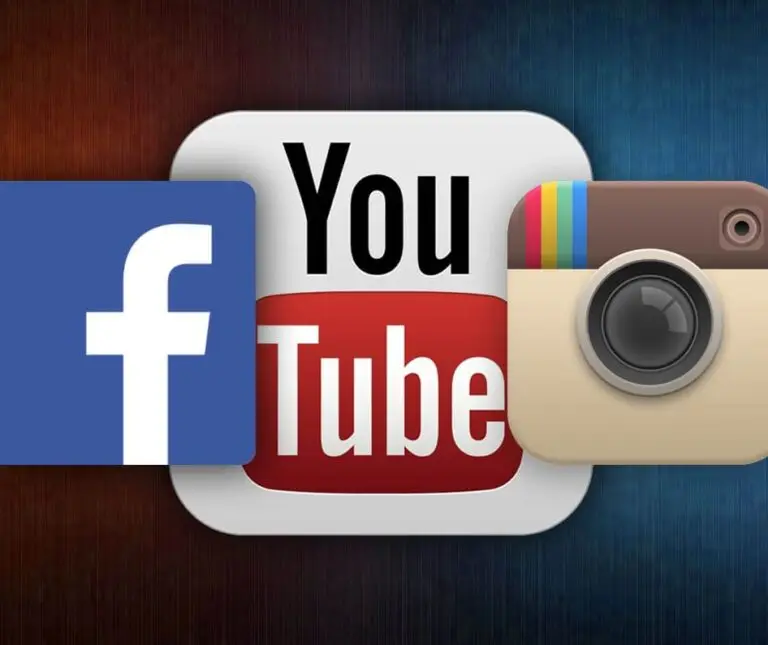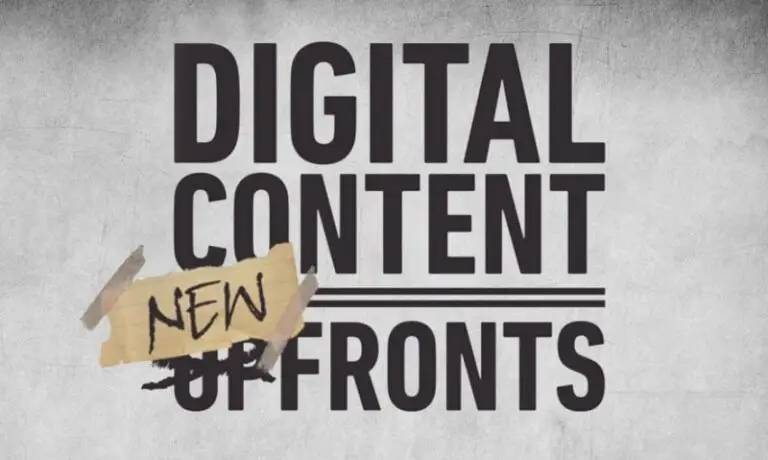Ditch the script and see how authentic, unscripted testimonials can turn skepticism into belief and viewers into customers.
Imagine this: you’re watching a video testimonial, and instead of feeling persuaded, you’re struck by how staged and fake everything appears. The interviewee’s words seem rehearsed, their smiles a bit too timed. You sense a disconnect, and suddenly, the product they’re endorsing feels less appealing. This is the risk businesses face when they script testimonials. But there’s a more effective approach—one that captures the genuine experiences and emotions of customers.
The Trap of Scripted Soundbites
When businesses attempt to orchestrate the perfect testimonial, they often overlook the subtleties that make a story believable and relatable. People are naturally able to detect insincerity, especially in the Internet review age where authenticity is highly valued. A testimonial needs to resonate on a human level. This means the person sharing their experience should be doing so from a place of truth, not reciting a script provided by the company.
Remember in the old days when people watched TV commercials? Advertisements that included actors pretending like they were customers were usually accompanied by a small disclaimer at the bottom of the screen that read “Paid Actor”. Do you remember how laughable those were? I do.
I’ve yet to find a scripted testimonial that is actually compelling. It may be that the joke is on me and great scripted testimonial videos are everywhere. I just cant find them because they seem so real. If that were true, and I doubt it is, it doesn’t change the fact that scripting your testimonial and having an actor read the lines to a camera without some kind of disclaimer is misleading and unethical.
Watch what happens when you script a testimonial story
The following is an example of an obviously scripted and storyboarded testimonial story. It must be seen to be believed.
Ok, this example is a bit extreme. But bad acting and questionable stereotypes aside, the script itself doesn’t sound human. To be fair, it was revealed (On Reddit, so it must be true) that this commercial was created by a non-native english speaker.
Hi. So I’m an actor/model living in Seoul, and im playing the ‘businessman’ in this promo. now, admittedly its not my best work lol, but most people arent aware of just how many factors go into making it this bad. Allow me to elaborate. They force us to speak slowly since this will be dubbed over in Korean, and even when it isnt, most people viewing it will be Korean. They ask us to exaggerate since many Korean people feel thats how we ‘naturally’ act (most people here are not very expressive). Ive worked many jobs where I tried to act naturally only to be told by the director to act more ‘bright’ (ie exaggerate). its how the director and client (in this case, Samsung), WANT us to act. the script is brutal. written by non-native english speakers, and sometimes the PD or director wont even take our suggestions to change some parts so they sound like something a normal native english speaker would say. its a promotional video, not a tv commercial, meaning it will be shown at conventions and expos and in-house. most of the people watching it are korean and thats why they make us do all of the above.
– Random Reddit user claiming to be an actor in this testimonial video
Consider the difference in impact between a testimonial that is clearly scripted and one that is spontaneously delivered. The former may come across as insincere and ultimately damage the credibility of the brand. A promotional video might be polished, but if the testimonial sounds like an actor’s monologue, it can turn potential customers away. And if the testimonial content is outright fake, it could be considered illegal in some countries.
On June 30, 2023, the FTC proposed the Trade Regulation Rule on the Use of Consumer Reviews and Testimonials, which seeks to prohibit marketers from engaging in deceptive practices with respect to their product/service reviews and testimonials. The FTC is concerned about the prevalence of these practices and believes that its proposed rule shows that the Commission is using “all available means to attack deceptive advertising in the digital age. As background, the proposed rule came shortly after the FTC issued its revised Endorsement Guides. The Endorsement Guides – in a nutshell – directed that 1) advertising must be true and not misleading, 2) endorsers must disclose material connections with the business, 3) testimonials must be true and represent typical results, and 4) required disclosures must be clear and conspicuous.
Holland & Knight: Fake It Until You Make It: FTC Targets Fake Reviews and Testimonials
Embracing Authenticity in Testimonials
Real stories from real customers not only sound genuine but also engage the audience more effectively. When planning a testimonial video, allow the natural expressions and thoughts of the interviewee to guide the content. This can be achieved through a conversational approach where the interviewer actively listens and engages with the interviewee, encouraging them to articulate their experiences in their own words.
Sometimes, it’s necessary to help interviewees articulate their thoughts more clearly by suggesting “set-up” or “transition” lines that remain factual. For example, asking someone to introduce themselves or briefly describe their initial interaction with the product does not compromise the authenticity of their testimonial. These prompts are simply tools to help structure the narrative without scripting the emotion or opinion.
Watch Unscripted Testimonial Videos
The Role of the Interviewer
The interviewer’s role is crucial in crafting a testimonial that feels both professional and genuine. A skilled interviewer doesn’t just follow a list of questions but is an active participant in the dialogue. They listen attentively and might paraphrase what the interviewee has said, not to put words in their mouth but to ensure understanding and to keep the conversation flowing naturally. This technique helps interviewees feel heard and often encourages them to expand on their thoughts in a more spontaneous and relatable way.
Let Authenticity Drive Your Testimonials
Instead of manufacturing the perfect quote, focus on uncovering the truth about your customers’ experiences. This approach yields testimonial videos that build trust with your audience. A testimonial shouldn’t sound like a commercial; it should feel like a heart-to-heart conversation about a real experience.
By staying curious and valuing genuine customer feedback, companies can create compelling testimonial videos that are more persuasive than any scripted narrative could hope to be. Embrace the unscripted, cut the cringe, and let your customers’ true voices promote your product.







